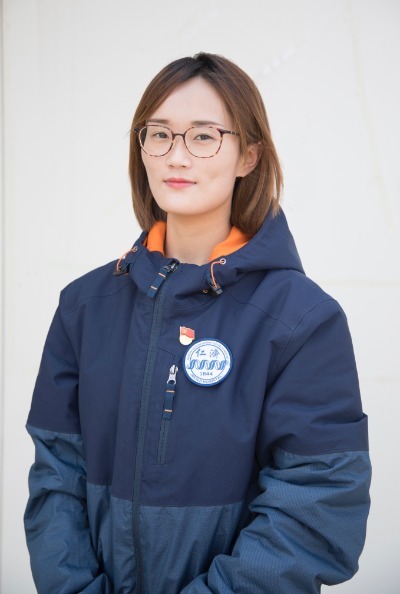Stepping up to the task, running to the front line


Many of those from the third contingent of Shanghai Renji Hospital medical workers who were sent to Wuhan, Hubei province, in February, were relatively inexperienced. Many had worked in the field for no more than a decade.
Only a third of them knew how to operate the ventilator, and even fewer knew how to use the extracorporeal membrane oxygenation, or ECMO, machines which were vital in providing life support to COVID-19 patients in critical condition.
But faced with a crisis of this magnitude that required support from medical personnel across the country, the young team, which was posted to the Leishenshan Hospital in Wuhan, had no choice but to quickly learn on the job instead of through conventional training sessions.
"We had video clips uploaded and shared, and the team of reinforcements that later arrived also taught the less-experienced nurses. These kids shouldered their responsibilities without hesitation," says Xi Huiqin, the leader of the contingent, during a media event at Renji Hospital in Shanghai on April 28, a few days after the team was released from its 14-day quarantine following its return from Wuhan.
One of the members of the contingent was Dai Qian, a 27-year-old ICU nurse who once had to care for a patient dubbed "Old Qian", who was in critical condition. Dai says this experience was the greatest challenge she has faced in her life.
"He was unconscious and unstable. Every 12 hours, five of us had to work together just to turn his body so that he could lie prone," says Dai, who has been an ICU nurse for three years.
Physical contact with patients was stressful, says Dai, who explained that intubated patients might cough phlegm and potentially infect medical workers who were sanitizing their airways and oral cavities.




































